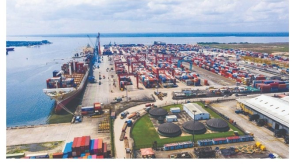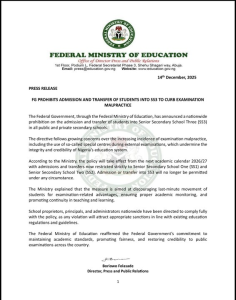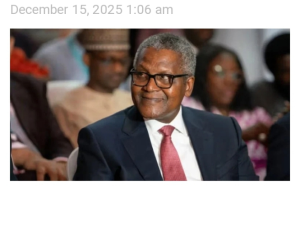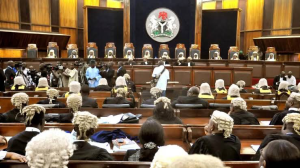
The Nigerian National Petroleum Company Limited (NNPCL) has announced that the Port Harcourt refinery will commence petrol production within the next quarter, according to the Minister of State for Petroleum Resources (Oil), Heineken Lokpobiri. This development is expected to alleviate the country’s reliance on imported petroleum products and cushion the effect of the removal of petrol subsidy on Nigerians.
Speaking on Channels Television’s May 29 Special programme, Lokpobiri stated that the NNPC’s weekly reports indicate that hydrocarbons have been introduced, and refining and sales to the public will begin within the next quarter. He emphasized that the gigantic facility requires thorough checks for leaks before operations can commence.
This announcement comes after several failed deadlines for the operationalization of the Port Harcourt refinery. Lokpobiri attributed the delays to circumstances beyond his control, stating that he had merely shared the briefings he received when he took office.
The rehabilitation of the Port Harcourt refinery, along with the Kaduna and Warri refineries, has been ongoing, with billions of naira spent on the project. Despite this, no fuel has been refined at these facilities, leading to continued reliance on imported petroleum products and persistent fuel shortages.
The removal of petrol subsidy in May 2023 led to a significant increase in petrol prices, from N184 to over N600 per liter in most parts of the country. The resumption of petrol production at the Port Harcourt refinery is expected to bring relief to Nigerians, who have been grappling with the economic effects of the subsidy removal.
As Africa’s largest oil producer, Nigeria’s inability to refine petroleum products domestically has been a long-standing issue. The country’s refineries have been plagued by underperformance, closure, and turnaround maintenance, leading to a persistent shortage of refined petroleum products.
The Minister’s announcement has raised hopes that the country may finally begin to address its refining capacity challenges and reduce its reliance on imports. However, given the history of failed deadlines and unmet promises, many Nigerians remain skeptical about the feasibility of the September deadline.






